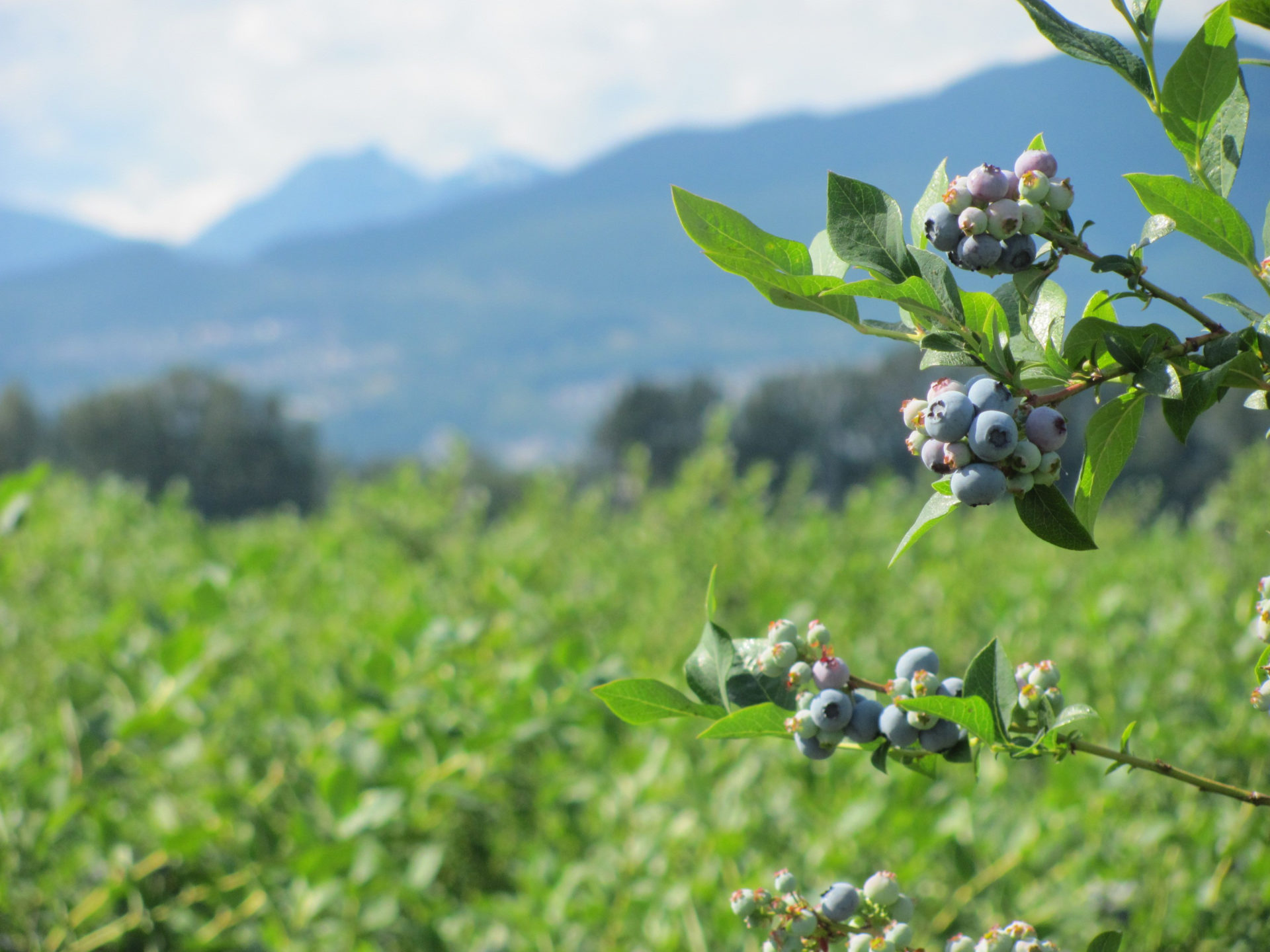BC blueberry exports are being investigated as a possible source of economic injury to US growers.
US Trade Representative Robert Lightizer announced the investigation September 29 following the release of a report jointly authored by his office, the US Department of Agriculture and US Department of Commerce.
“It’s very difficult to say what the impact will be on the blueberry industry,” says Anju Gill, executive director of the BC Blueberry Council.
US blueberry imports increased from 50 million pounds in 2005 to nearly 400 million pounds in 2018. Shipments last year were worth US$1.2 billion, led by Peru at US$485 million. Canada was in fourth place exporting US$116 million worth of berries south.
But the report highlighted Mexico as the primary target of US growers’ concern, on account of fast-rising production that competes directly with southern US growers.
However, the scope of imports means the investigation will look at all source countries.
“Whereas a country-specific investigation could only yield a country-specific remedy, a Section 201 investigation for blueberries must necessarily analyze blueberry imports from all countries comprehensively and account for such in any recommended action to the President,” the report notes.
Gill says the Canada-US-Mexico Agreement ensures that Canadian berries will be assessed separately. She doesn’t expect measures impacting BC growers to come into force until June 2021 at the earliest.
The report also addresses threats posed by other crops. Sources told Country Life in BC that the timing of the report’s release has a political dimension, coming just a few weeks ahead of the U.S. presidential election.
Gill agrees, but she is focused on a practical, fact-based response. Trade officials in Ottawa have retained legal counsel to address the charges, with the BC Blueberry Council being a key stakeholder.
“Canada still has to present a case,” Gill says, noting that the growth in blueberry production globally has created issues across the board. “There’s a shift in the blueberry industry globally. It’s no secret that the production of blueberries has gone up.”
Speaking at the Pacific Agriculture Show in Abbotsford this past winter, US Highbush Blueberry Council president Kasey Cronquist urged BC growers to work with him to grow the market for blueberries. He said growers on both sides of the border have one unifying goal: “Sell more blueberries at a fair profit.”
USHBC is prohibited from engaging in any efforts for the purpose of influencing government action or policy and cannot participate in the investigation. Cronquist responded to requests for comment by pointing to a statement indicating that both the USHBC and the North American Blueberry Council – which exists “to unite trading partners throughout North America” – will continue to fight for the success of the industry.
Guiding the USHBC’s efforts is Maple Ridge grower and exporter Ray Biln, who represents exporter interests on the council’s board.


 Election delays funding
Election delays funding